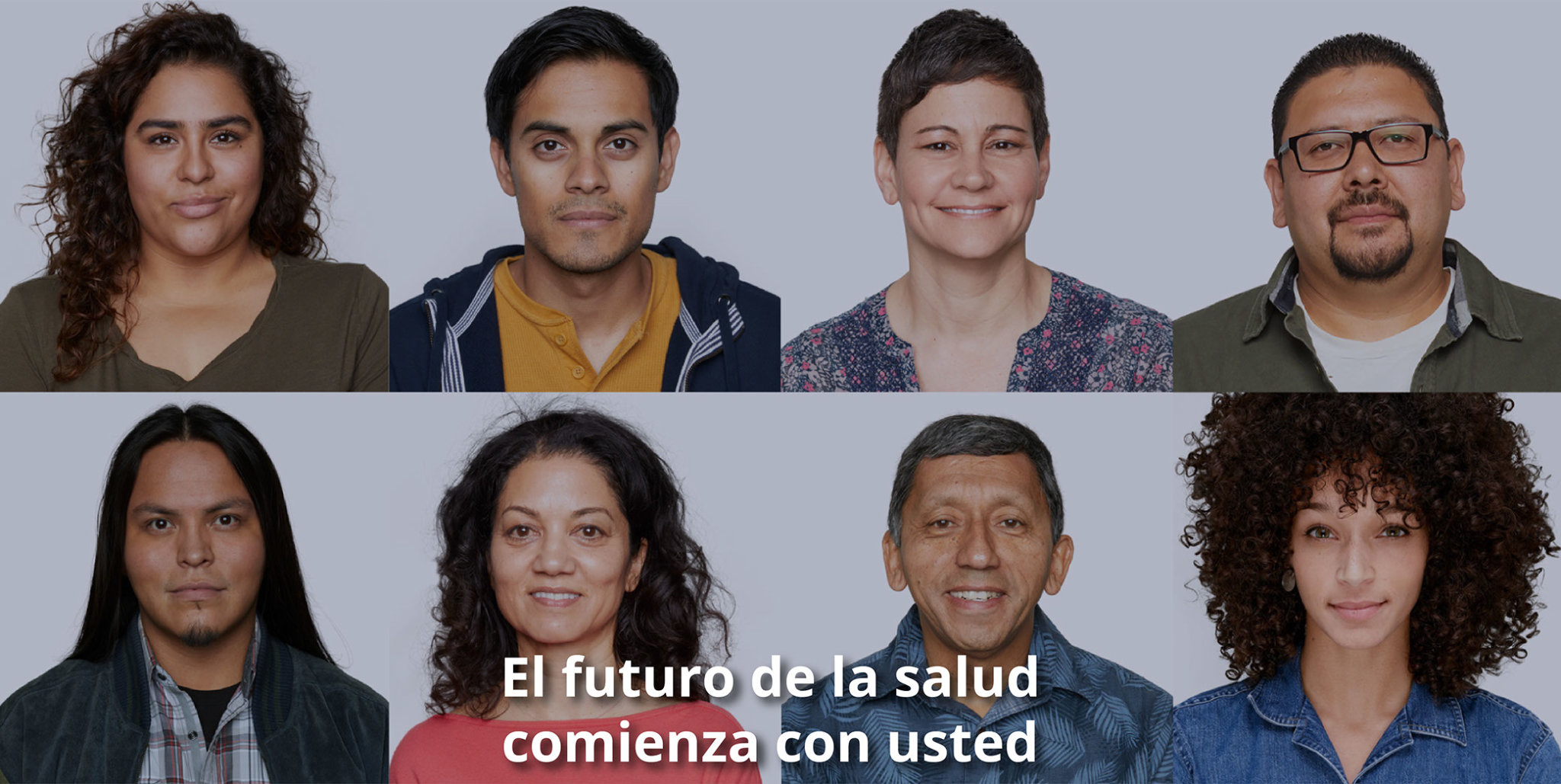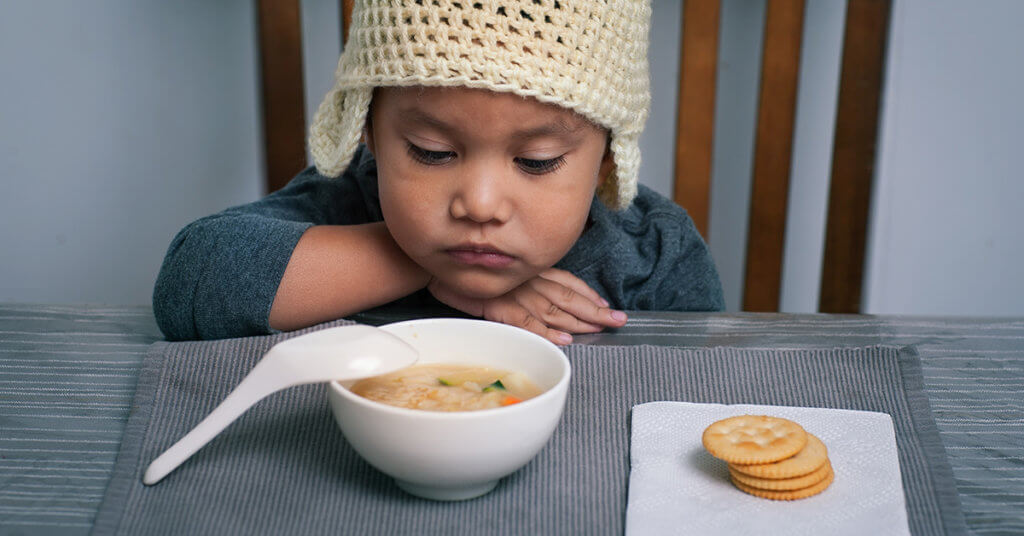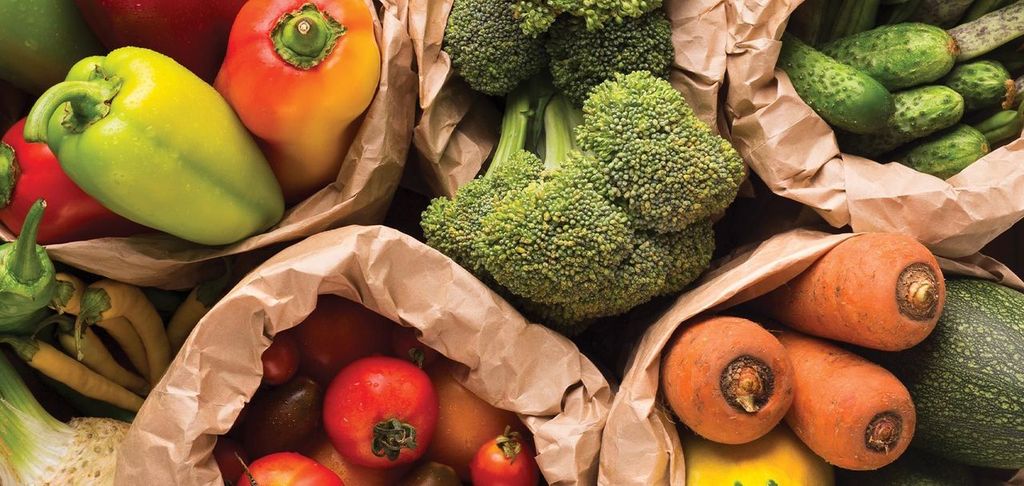We must invest in all of our health
By Stephanie Presch and Beatriz Paniego-Béjar, Content Specialists, and Selene Tituaña, Health Program Specialist, UnidosUS
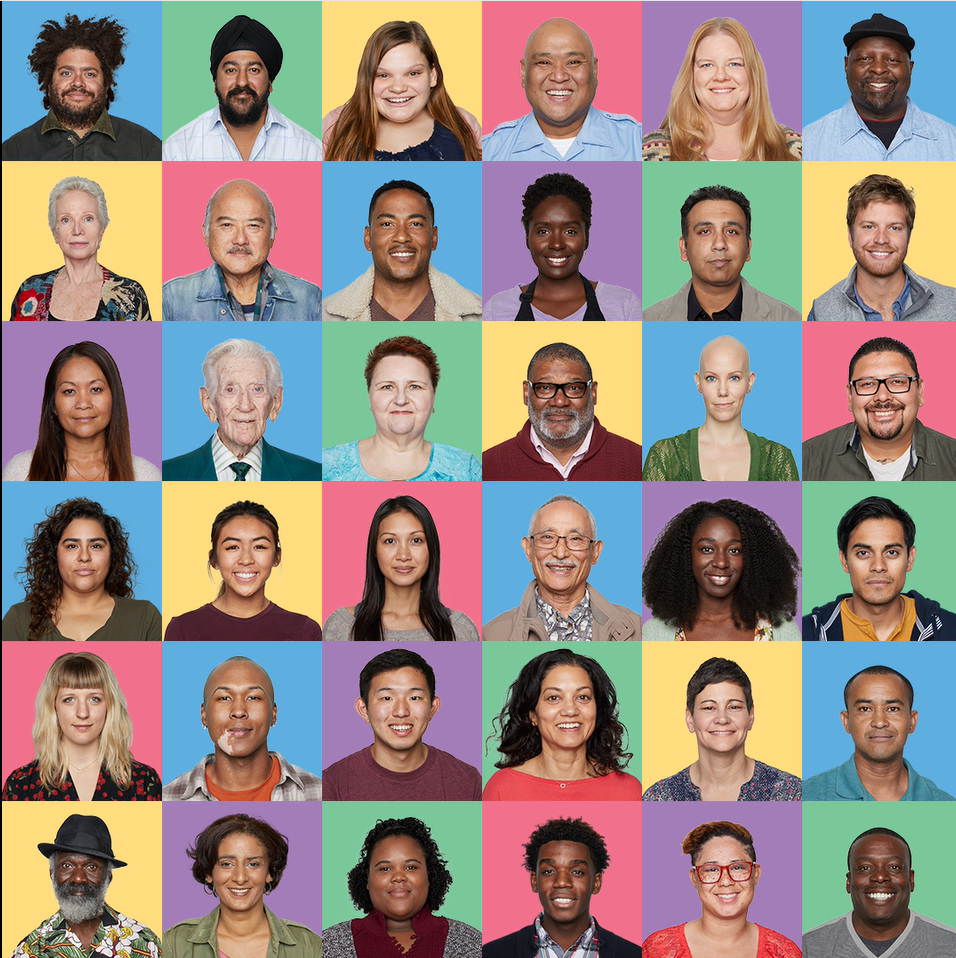
The COVID-19 pandemic has disproportionately impacted the Latino community in the United States. Weighted population distribution models from the CDC estimate 27% of COVID-19 deaths are Latinos, while our community make up just over 18% of the U.S. population as a whole. Our most recent Latino Jobs Report showed that although Latinos make up 17.6% of the workforce in the United States, they are accounting for 22.8% of those who are currently unemployed. The report also revealed the Latino unemployment rate grew from 6.0% to 18.9% compared to the national rate of 14.7% (over a three-month period) as a result of COVID-19. Latinos are also overrepresented in essential jobs, meaning that our community is not only at risk for financial hardship due to COVID-19, but they are also more likely to be at risk for contracting the virus.
As COVID-19 continues to spread, we have witnessed what the data bear out—Latinos are getting sick and dying at disproportionate rates across the United States. This pandemic has not only further highlighted the urgency of discovering a safe vaccine or timely treatment for COVID-19 for our community, but also the importance of equal representation in medical research to find effective treatments that work for everyone.
A recent statistic show that Latinos represent just 5% of people participating in medical research. As an advocate of the Latino community, UnidosUS is working to ensure Latinos are no longer underrepresented in biomedical research because we know that being left out could have a significant impact on the future of medicine.
This is where the All of Us Research Program and precision medicine come into play. The All of Us Research Program is building one of the most diverse health databases in history and the program welcomes participants from all backgrounds. With precision medicine, All of Us acknowledges that we are all different, and that treatments that work well for one group of people might not work as well for another. Our community’s need for precision medicine is part of what makes the All of Us Research Program so important for us and for future generations to come. For that reason, UnidosUS has been working in partnership with All of Us over the past two years to ensure that the proportion of Latino participants in research trials increases. Our goal is to help shape biomedical research with Latino experiences and realities. We hope you can join us in changing the future of medicine.
-
- Janet Murguía, President and CEO, UnidosUS
The National Institutes of Health’s All of Us Research Program is a historic effort to collect data from one million participants over the course of a decade to learn how individual differences among diverse communities affect our health and well-being, as well as our responsiveness to different treatments. UnidosUS has been a part of the program’s Community and Provider Gateway Initiative (CPGI) since December of 2017. In 2018, UnidosUS engaged seven UnidosUS Affiliates and partner community-based organizations to be actively involved in the All of Us national launch.
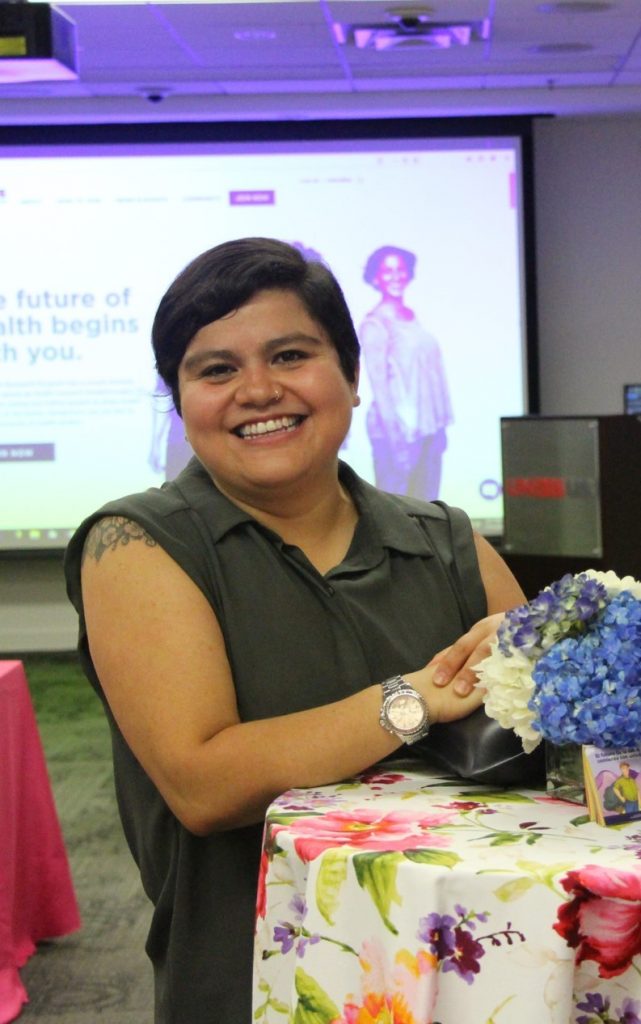
“It’s been a dream to participate in this program because we know that precision medicine can really help our community,” explains Yehemy Zavala Orozco, Community Director at Comunidades Unidas/Communities United in Utah, one of the Affiliates that has participated in the program.
That feeling is shared by Jairo Guzmán, President of Mexican Coalition, an UnidosUS partner in this project, located in the Bronx, New York: “A program like this brings more awareness to what we want to create: that it’s in the hands of our community to be healthier.”
“WE CAN BE PART OF THE DIFFERENCE”
Yehemy and Jairo praised the All of Us Research Program for its use of precision medicine, noting that its findings will help the Latino community access more accurate diagnoses and treatments when they visit the doctor.
This is a concern shared by other communities of color when it comes to staying healthy and finding individualized treatments. “One of our promotoras de salud, who is Pacific Islander, lost her baby,” Yehemy says, explaining that the doctors missed the warning signs as her blood pressure continued to rise during birth and sadly her baby did not make it. “We have a lot of stories like this one,” Yehemy admits. “But now, we can be part of the difference.”
Jairo shared the example of body mass index (BMI), which is a ratio between height and weight that is often used to measure whether someone is within a healthy weight range: “It is based in a population from Europe, not even from America,” he says. “When we talk about this index with our community, it is easy for us to make the connection on how important it is that Latinos make themselves known” and participate in a program like All of Us that will do specific research on our community to look for “what identify us as different from other populations.”
The All of Us Research Program, Yehemy explains, provides the opportunity to be part of an initiative that can make our communities healthier across generations; it brings medicine that is targeted directly to our community’s needs and unique health differences.
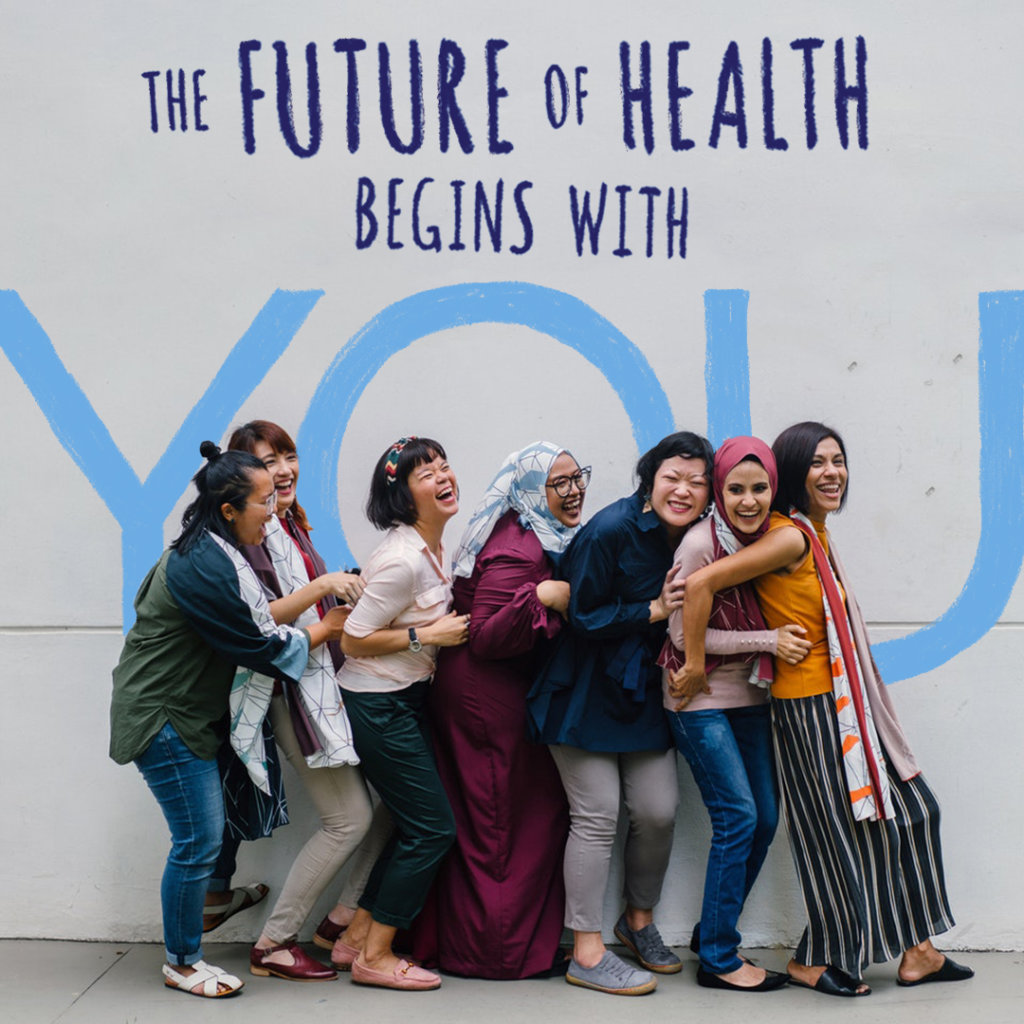
THE CHALLENGES
The promotores/-as de salud (community health workers) at Comunidades Unidas understood and made the connections about the importance of the All of Us Research Program. However, when Comunidades Unidas first introduced the program in their community, its initial reaction was skepticism and, in some cases, fear.
“The immigrant community wants nothing to do with the government,” Yehemy explains. “They think they will take their information either to deport them or retaliate against them.”
Due to the current political and social climate, it can be difficult to reassure potential Latino participants that the information collected through the All of Us Research Program is not going to be used by the government against them. Data is encrypted and kept private and confidential.
Additionally, Yehemy explains, many in the community have been in the country for less than a decade, and in Utah for even less time. As a result, it can be difficult for members of the community to become invested in a decade-long program, especially when a percentage of them believe that they will eventually leave.
Yet, she continues: “Our organization has a good reputation in the state, and people know that we will tell them the truth.”
UnidosUS knows the importance of working closely with its Affiliates and other community-based organizations like Comunidades Unidas and partners like Mexican Coalition that directly serve the Latino population and have built trust and rapport among community members using the Promotor/-a de Salud Model. Trust and rapport are important assets our Affiliates have in their hands to advocate and push for key but practical messages to our communities about the All of Us Research Program.
As Yehemy adds, Comunidades Unidas was able to gain trust from community members in the program by presenting it first to the promotores/-as de salud. This gave the organization the opportunity to answer questions about what was involved in the program and helped address fears among promotores/-as de salud. They were then able to prepare to share the program with their clients.
Yehemy went on to add that her team is very upfront about details related to the program. If participants have fears or doubts about participating, they are given the opportunity to voice concerns and are also reminded constantly that if they truly do not feel comfortable participating, they do not have to do so.
On the other hand, Mexican Coalition’s clients were very open to receiving this information, since the organization was able to add some of the program’s messaging to their Comprando Rico y Sano charlas, (an UnidosUS program geared toward promoting healthy eating and enrolling eligible families in the Supplemental Nutrition Assistance Program [SNAP]), their English classes when addressing health topics, and even to their citizenship classes introducing it as a way to participate in their civic duty. “In all of those, we were engaging with an active audience,” Jairo explains.
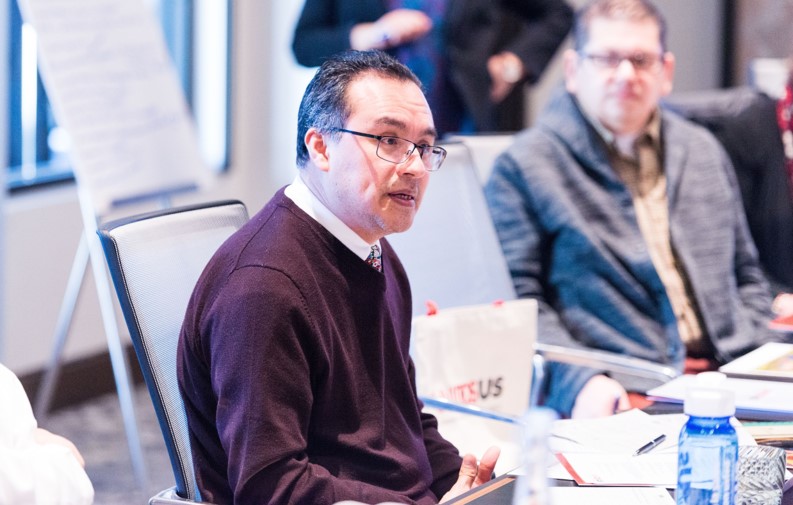
The challenges Mexican Coalition faced were related to their clients’ computer literacy, and reading and writing literacy skills more than it was related to internet accessibility: “Many people have difficulty reading and writing, so the registration process over the internet, which might seem easy, it’s not easy for them,” Jairo shares. The solution of going to the two participant hospitals in the area to enroll wasn’t an option either because their business hours did not work for most of the population Mexican Coalition serves.
As a result, Mexican Coalition advocated on behalf of their clients to ensure participant hospitals have hours that work for the community. “This is a conversation we continue to have with hospitals even in the mist of COVID-19 to ensure the hours for services are accessible to the community,” Jairo explains. To ensure clients with low reading and writing literacy skills had access to the information about the program, Mexican Coalition showed videos with content about the All of Us Research Program and ensured promotores/-as de salud were available to answer questions.
THE ROLE OF PROMOTORES IS KEY
Both Comunidades Unidas and Mexican Coalition have strong promotores/-as de salud groups doing outreach and education, and they became the first ones to learn about All of Us. The group of promotores/-as de salud serve as a trusted source to bring the information to individuals and families.
Last September, the All of Us Journey, a mobile engagement asset that travels the country, happened to be touring Utah, traveling to many areas where a lot of Latinos live and are hard to count. By chance, Yehemy happened to see the Journey after leaving a therapy session. She went over to them and introduced herself, asking if they would be willing to do a presentation for their promotores/-as de salud about the All of Us Research Program. “They were very welcoming and excited that we wanted to be part of the research program,” Yehemy says.
But, while the bulk of the outreach has been done by the promotores/-as de salud, it was also difficult to get them on board with the program at first. “We have promotoras who have experienced racism and been affected by the systemic racism that exists in other institutions,” Yehemy explains.
One promotora de salud, Adi, was especially vocal in bringing up her concerns. “They’re going to share my information, what are they going to do with my results?” Yehemy recalls Adi saying in their initial meetings.
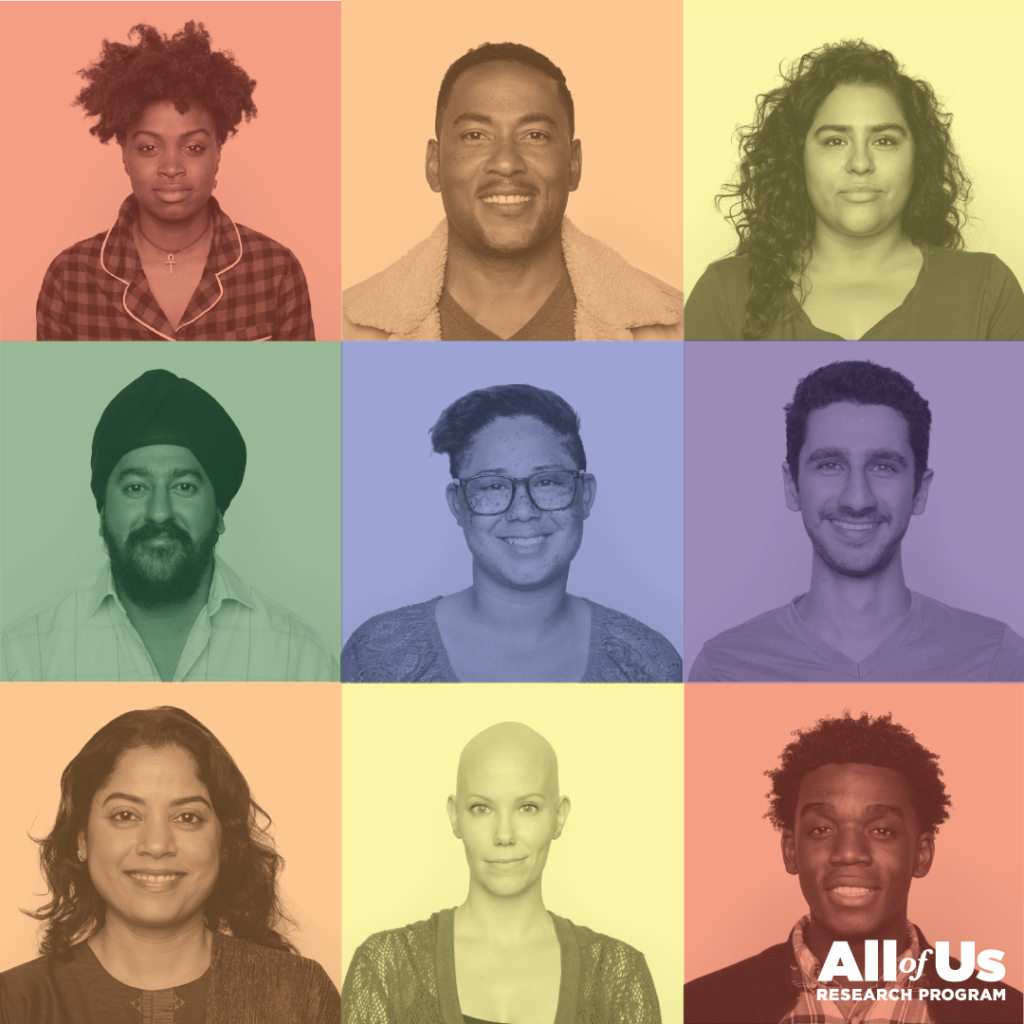
It was after speaking with someone from the All of Us Research Program who had participated in the research, and after the presentation with the Journey that Adi became convinced in the program’s value to the community. “She was the person who asked, ‘When can we do this again?’” Yehemy says.
Jairo tells us that the Mexican Coalition promotores/-as de salud felt the program aligned well with the work they were already doing. Their promotores/-as de salud also went through the enrollment process to be able to explain to their clients the experience of joining the program.
CULTURAL INCLUSION BENEFITS EVERYONE
The disproportionate impact that the COVID-19 pandemic has had on the Latino community has shown why a program like the All of Us Research Program is so important. “We can make a difference, we can put our granito de arena [contribution] to this program because it will help support our own health, the health of our families and that of the next generations to ensure medical treatments benefit us all,” Yehemy says.
Similarly, Jairo further explains: “The program brings more awareness to our communities and emphasizes that is in our hands to remain healthy and well-informed. The All of Us Research Program highlights the importance of having medicine that is designed for us considering our unique characteristics, that is what precision medicine is about.”
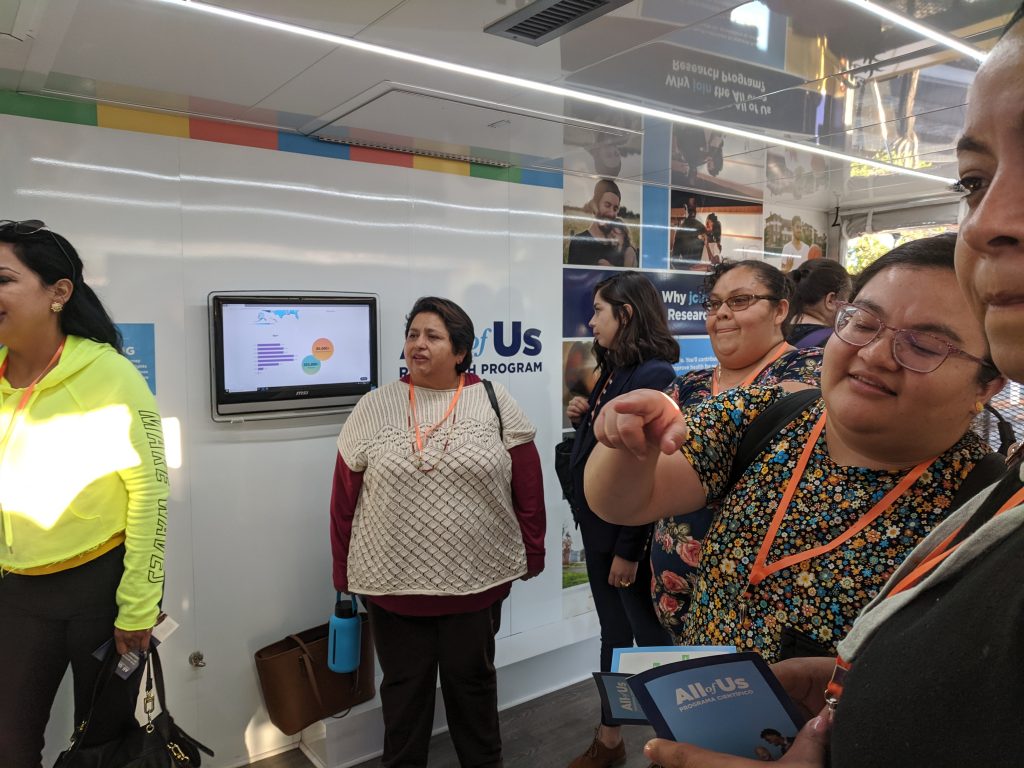
For this reason, it is important that community and participant engagement are consistent. Yehemy explains that the All of Us Research Program will span 10 years, and the biggest challenge will continue to be engagement with the community over a sustained period of time.
Despite the challenges and the competitive priorities found at the community-level that drive participation to programs like the All of Us Research Program, Comunidades Unidas and Mexican Coalition remain committed to utilizing a cultural lens to address these barriers and dedicated to educating the community about the benefits the All of Us research Program can have across generations.
“It’s hope,” Yehemy says. “Hope that our community can now be part of precision medicine, that our community is going to have what it deserves.

